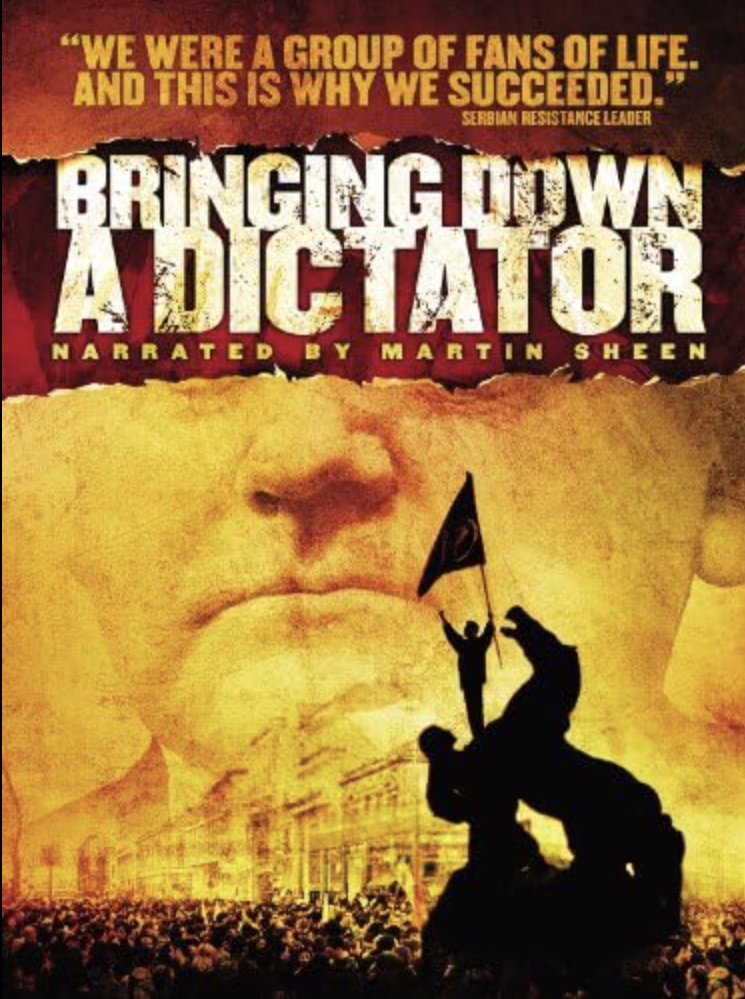
For this assignment, I watched the nonviolent actions of Otpor!, Democratic Opposition of Serbia (DOS), and the citizens of Serbia joined by Yugoslovans overthrow Slobodon Milošević in the 2000 Yugoslavian elections (York, 2002). Their biggest strengths in this movement were patience and persistence. This movement started out with the creation of Otpor!, which means “Resistance!” (York, 2002). They were a student group who organized around the goals of free and fair elections, free universities, independent media, and the nonviolent removal of Milošević (York, 2002). Their main strategies were forming many Otpor! grassroot groups around the country, meeting and being funded ($25 mil) by US foreign advisors, forming a coalition with DOS and the media, mobilizing 30,000 plus people to assist in the election to prevent fraud, and not targeting the police/military. They used many effective tactics including protests, demonstrations, signs, rock concerts (seen as rebellious at the time), slogans like, “He’s Finished,” educating organizers with Gene Sharp’s materials, keeping lines of communication open and centralized to the group (but hidden to the leaders), and convincing DOS City Chiefs campaign for their frontrunner. They also used many symbolic tactics such as the birthday cake which they likened Milošević destroying the country by eating all the pieces, the commercial of washing away Milošević’s face and calling him a “tough stain to remove,” as well as wearing black and leather to show the sinister climate they were surviving in (York, 2002). Finally, they mobilized over 100,000 people in their final tactic of entering, breaking windows, and setting fire to the Belgrade parliament building.
What made their movement successful, I feel, was their planning and persistence. They were ready for pushback at every turn. When trying to get their convoy to Belgrade, they were met with a military Blockade. Their exchange could have escalated, but they were prepared to win them over. When they approached, the Otpor! man said, “Is this still a free country?” the military leader responded, “Yes,” “Then what is this?” After a few more words, he says he is merely following orders. Their response, “You did your duty, now let us do ours” really seemed to impact the military (York, 2002). They even invited them to join the resistance so they could save face. They didn’t, but towards the end, their inaction points to success. The narrator gave me chills when they said, “They didn’t order their troops to fire because they knew their kids were in the crowd” (York, 2002). It is inspiring how committed the Serbians and Yugoslavians were! I don’t think their strategies or tactics would have been successful without this energy. While they did not get all their demands, they achieved the most important ones in my opinion, elections and the removal of Milošević. I also think it was great that one of the grassroots organizers was elected to the Serbian parliament.